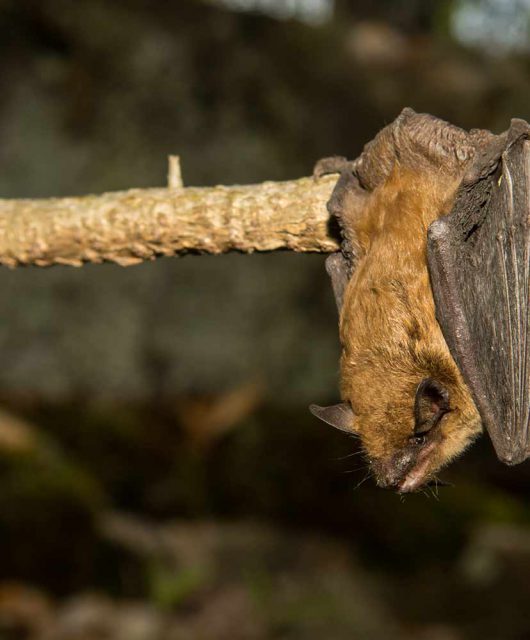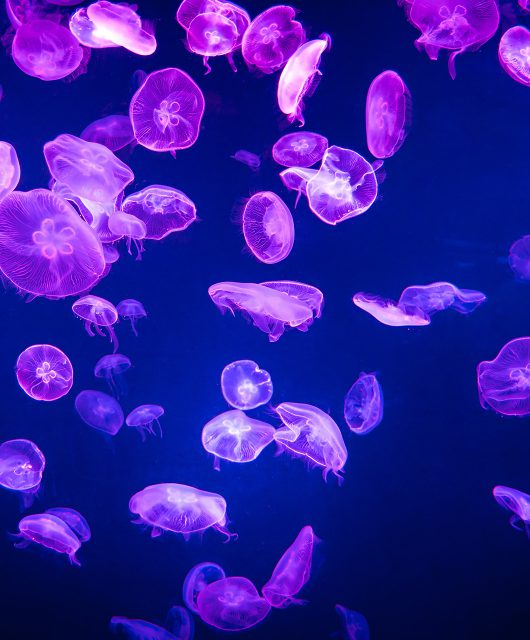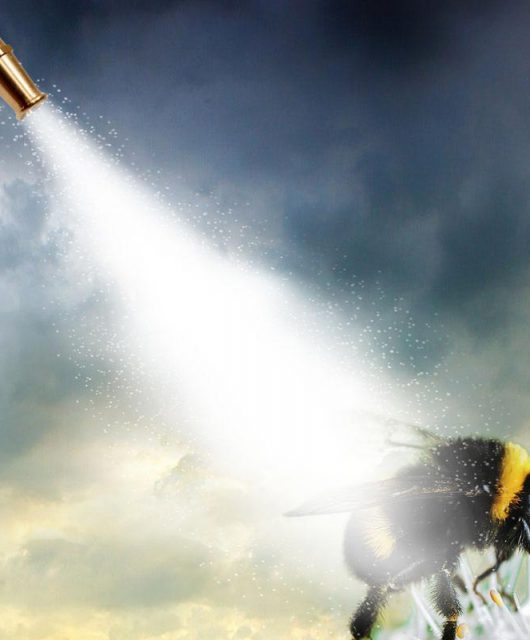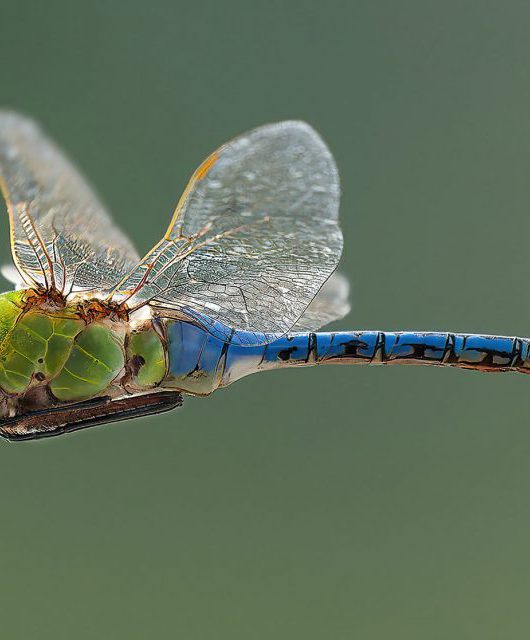With 2017 behind us, it is a perfect time to reflect on the marine animal response events of the year, and the tireless efforts of the people behind them.
2017 has been a busy year for the Canadian Marine Animal Response Alliance (CMARA), the association of regional response networks that assist in marine animal emergencies across Canada. CMARA members have responded to animal entanglements, entrapments in ice or in rivers, animals stranding and dead animals in Canadian waters across the country. Here are some of the biggest response events this year.
Responding to Emergencies on the West Coast
On the Pacific coast, the British Columbia Marine Mammal Response Network (BCMMRN) responded to entangled sea lions, whale carcasses and multiple pinniped (group of animals including seals, sea lions and walruses) rescues. The Vancouver Aquarium Marine Mammal Rescue Centre, a member of BCMMRN, had its busiest year to date rescuing over 200 animals. This number included mostly Harbour Seals, but also a Fur Seal and half a dozen sea lions.
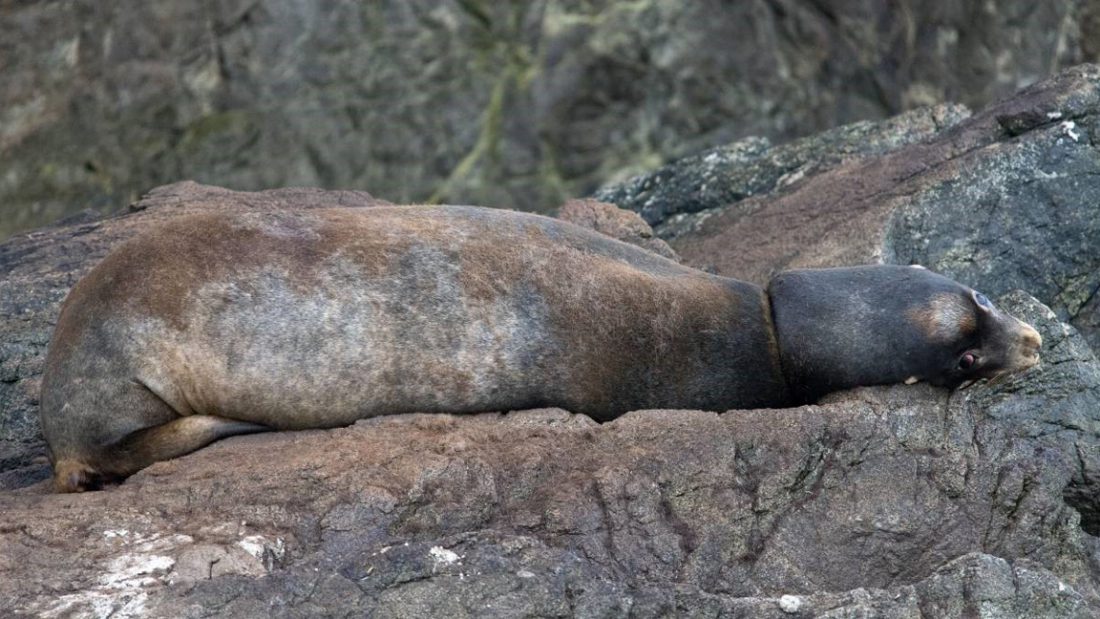
The Vancouver Aquarium also assisted in the disentanglement of sea lions this year. A rescue team from the aquarium, including biologist Wendy Szaniszlo, successfully tranquilized and disentangled two California Sea Lions from fishing line in October. Sea lions can get entangled in fishing gear, such as line, or marine debris, most commonly plastic packing straps used for shipping boxes.
A Busy Year for East Coast Responders
On the opposite side of the country, Newfoundland and Labrador’s Whale Release and Strandings Group (WRS) responded to 20 entangled and entrapped animals this year. Humpback Whales are the most common species entangled in fishing gear within the province’s waters.
Disentanglement efforts included the release of a Humpback Whale from three cod gillnets in Conception Bay, Newfoundland. The rescue team alerted nearby boaters of the incident, as the animal was towing the gear 400 metres behind itself, making it a danger for boaters. This is just another reminder that entanglement incidents are dangerous for the animal, the rescuers and the people on the water.
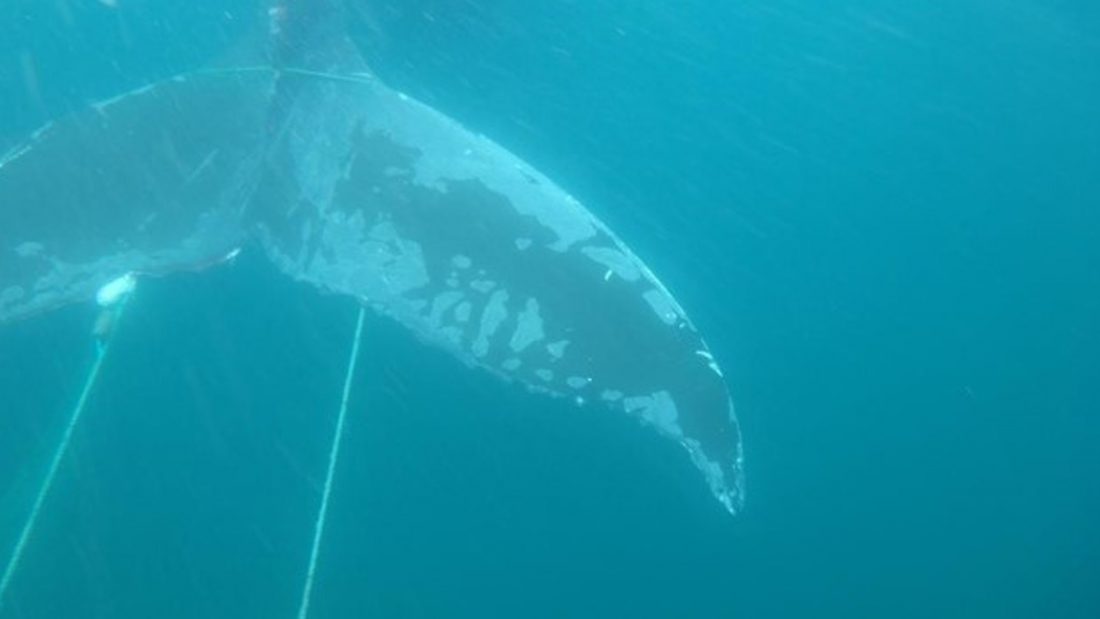
This past year was filled with many necropsies (animal autopsies) for Maritime Marine Animal Response Network (MMARN), including a juvenile Blue Whale, a Sowerby’s Beaked Whale, a Bottlenose Dolphin and most notably, the Right Whale mortality event. A total of 17 North Atlantic Right Whales were found dead along the Atlantic coast this year, 12 of which in Canadian waters. Although the Right Whales are now migrating south for the winter, questions surrounding the conservation of this species are still up in the air, including the ban on Right Whale disentanglement and what conservation measures will be put in place to avoid an event like this from happening again in 2018.
Helping Marine Animals in Quebec
The Quebec Marine Mammal Emergency Response Network responded to over 200 incidents this year, including injured seals, stranded cetaceans and other animal carcasses, and a vagrant (an individual outside of their normal range) Beluga Whale.

In collaboration with many organizations, including DFO and the Marine Animal Response Society of the Maritime Marine Animal Response Network (MMARN), the young Beluga was successfully relocated from the Nepisiguit River, New Brunswick, to a pod of Belugas in the St. Lawrence Estuary.
Although 2017 has been a busy year for marine animal incidents, response efforts included many success stories of disentanglement, relocation and rehabilitation, as well as many opportunities to learn more about Canadian marine animals. Thank you to all that contributed to the response efforts of 2017, especially CMARA response specialists. Looking towards the season of 2018, we hope to see these efforts increase, as well as other forms of support for marine conservation.

